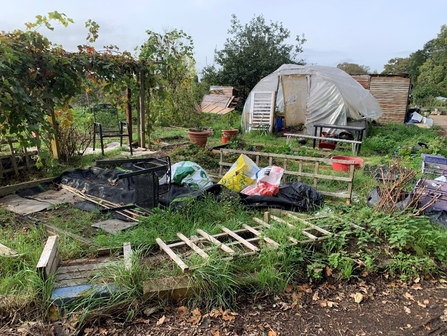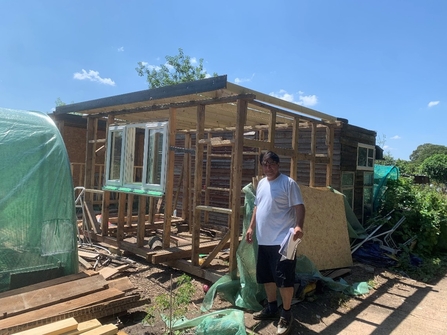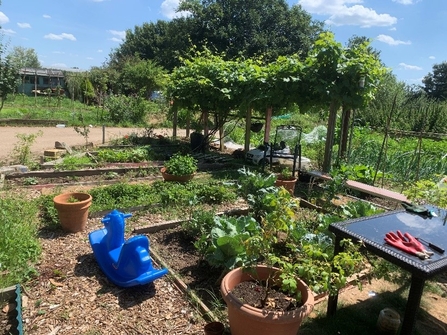I met Zabi one very cold and dreary Monday morning in October last year; he was waiting for me by the Stoke Road allotments in Slough sporting the smile and gentle demeanour I would get to know so well throughout our collaboration.
‘I run this plot on a voluntary basis,’ he said with humble eyes, ‘for the sole benefit of the refugees who come to Slough Refugee Support with nothing in their pockets, sometimes not even clothes to wear. Many left their war torn countries in a desperate rush, without even having the time to collect their personal belongings or to say a proper goodbye to their families and friends.'
This poignant statement, delivered by Zabi in an emotional and empathic tone of voice, made me think a lot, and made me realise even more how very lucky we are to have a roof over our heads, food on the table, and a network of friends and family to support us. We often take these things for granted, yet these privileges can be taken away in a heartbeat by war and social injustice.




